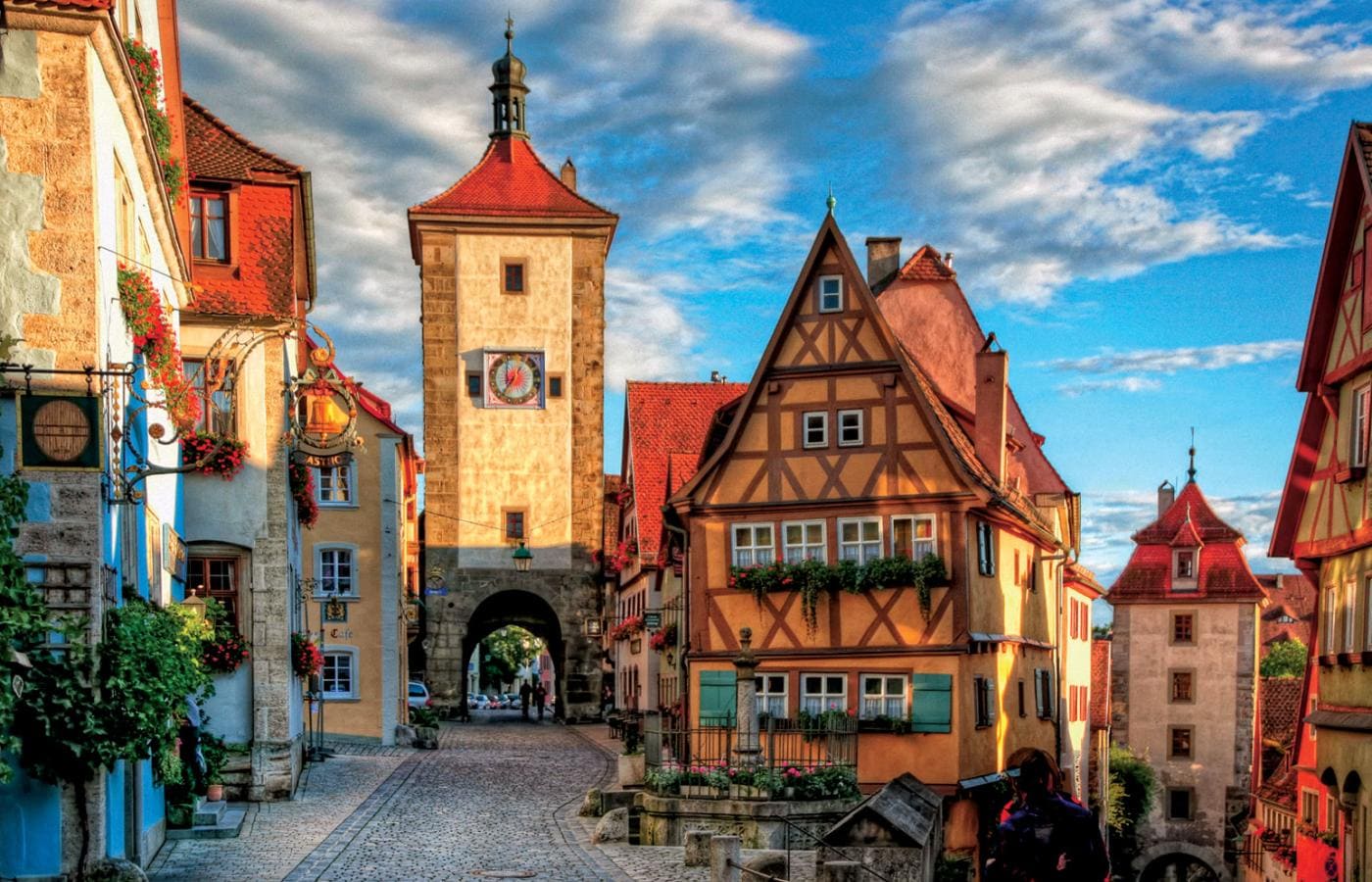What does moving to a smaller city look like?

When we change our place of residence, we usually move to a big city because it is much easier to find a good job there. But it can also be the other way around – from a metropolis to a small town. Why do we make such a decision and what do we gain from it?
Moving to a smaller city
Living in a big city is more convenient – unemployment is not as serious a problem as in the provinces, and if you want to improve your professional competences, you can choose from a wide range of possibilities. There are cinemas, theatres, restaurants, clubs and sports centres at hand. On top of this, you can count on greater freedom and anonymity. However, living in a big city does come at a price, and literally – we need a flat, which unfortunately we cannot always afford. In the largest cities, real estate is very expensive and, with an average creditworthiness, you can at most afford a compact two-room flat somewhere away from the centre. This leaves us with a cheaper alternative, namely a smaller city. Flats in smaller towns In financial terms, moving to such a suburban location is pure profit. We save, and quite a lot, on the purchase of a flat. For the price of a modest studio flat, we can buy a comfortable two-room flat; with a higher income, we can afford a more spacious flat, with a room for each household member. Or even a house. A commune 10-20 kilometres from the city centre is the perfect location for a single-family home.
Working in a small town after moving from a conurbation
Another advantage is the lower cost of living. A small town means low rents, lower taxes, cheaper food and services. Plus, you can walk everywhere. Everywhere, except for work. This is the biggest problem that small-town residents face. We have to move further away from the company, so inevitably the commute will take longer. It is not uncommon for moving from a larger city to become a real nuisance in the long run, because suddenly you have to get up at the crack of dawn, and by the time you get home it is so late that there is not enough time for anything. Then there are the financial costs of travelling. The further away your new home is, the more you will pay for fuel. It is therefore worth bearing in mind that the price of the property alone is not everything. What we save in lower fares, we spend on commuting to the city, so it ends up being the same. Replacing the car with public transport will not necessarily work either, because firstly the bus or train is not free, and secondly not every small town is well connected to the metropolis. You can still look for a job in your new place of residence, but it is usually not that easy and you are unlikely to get the same salary as a big city.
How do you live in a smaller city?
Moving to a small town can mean a big change in lifestyle. Even if a small town is thriving and full of attractions, it will not be able to match a metropolis in terms of the variety and size of the cultural offer. It will be more difficult to organise sports or other hobbies, but on the other hand you will pay less for similar services. The openness and curiosity of other people can be annoying, because we are used to exchanging a dry “good morning” with our neighbours and that’s the end of it. More things are done with words. It is more difficult to be an individualist, because behaviour unusual for a small-town community can be met with incomprehension or even open hostility. However, there is no denying the advantages of moving out of the big city. We no longer live in such a rush. The streets are quieter and children can play in the backyard even late at night, because it is simply safer here. We commune more often with nature and are closer to vast green areas, something you can only dream of in a big city.
When is it worth choosing a different city?
People living in a big city will not necessarily find a peaceful existence in the countryside. The peace and quiet will be pleasant for a while, but after a while the limited access to city attractions can become unbearable. Of course, it’s not for everyone, but if you can’t imagine life without nightclubs, theatres, dozens of trendy shops and all the hustle and bustle of a big city, then moving to a small town will bring you more stress than benefits. However, it certainly makes sense to move for economic reasons, as it’s easy to get into trouble by going into debt for an expensive flat in a big city when your credit is at the limit of your financial possibilities. There won’t be such problems with repaying a smaller loan, and when you improve your professional situation and start earning more over time, you can think about changing your flat and moving to a bigger city.
